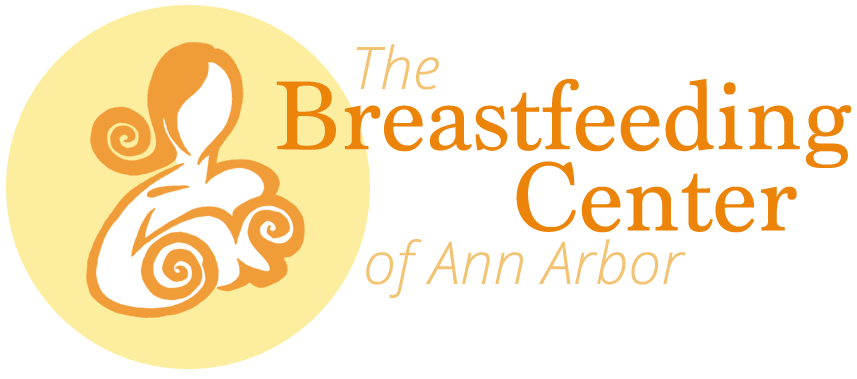So, why are mothers and babies having such a hard time with breastfeeding? I just received a link to this blog which I thought was very interesting. In the blog, this doctor admits she really knew nothing about breastfeeding until she took a special course on breastfeeding. Is she unusual? I don’t think so.
When I think about all of the things a doctor would need to know about a baby, about their normal development, what is abnormal and needs further investigation, it is overwhelming. So, it is not shocking that they might not be aware of the latest scientific research on breastfeeding. It is shocking to find they have had such a lack of basic training to begin with from their university.
So, is it the doctor’s fault? In general, I really don’t think so. I genuinely feel doctors have the baby’s best interests at heart. It is really our culture’s lack of valuing normal human infant feeding, i.e., breastfeeding, to the degree that a university that offers a program on medicine that does not have any information about the feeding practices of the species that they are studying, human mammals. Mammals, get it? This refers to our ability to make milk from our mammary glands. This is how our species is designed to feed their babies. Again, not to blame the university, it is our culture.
If your doctor does not know the answers to breastfeeding questions, what should they do? In the Ann Arbor area, we tend to have great doctors who seem to know what they know. In the above mentioned blog, the doctor reports that on their first day of medical school, the dean told them, “Fifty percent of what we are teaching you is wrong, we just don’t know which fifty percent”.
If your doctor hears a click in your newborn’s hip at one of the first exams, they have to worry about hip dysplasia. Do they take care of it right then and there in the office? No, they refer the baby to a pediatric bone specialist. So, perhaps it is right when a doctor has an infant feeding question that they are not sure about, that they refer to an IBCLC. Many of the clients that I see have been referred to me by their doctors.
As an International Board Certified Lactation Consultant (IBCLC), breastfeeding is my area of specialty. Having studies breastfeeding intently for the past 14 years, I am still shocked at what I don’t know. There is so much to learn in this small, but very important, specialty. Because I am the Professional Development Director of the United States Lactation Consultant Association, I have access to many of the founders and leaders in our field that can help me when I am not sure how to proceed. Maybe we need to know when to ask for help?
There are many MDs who are working hard to try and make up for this basic lack of training in the medical profession. Dr. Nancy Wight, a California Neonatologist, has been doing her darnedest to help MDs learn about breastfeeding. She teaches seminars, lectures, does grand rounds at hospitals, and publishes research findings. She is helping other doctors learn what they were not exposed to in their formal education. Good job, Dr. Wight!
